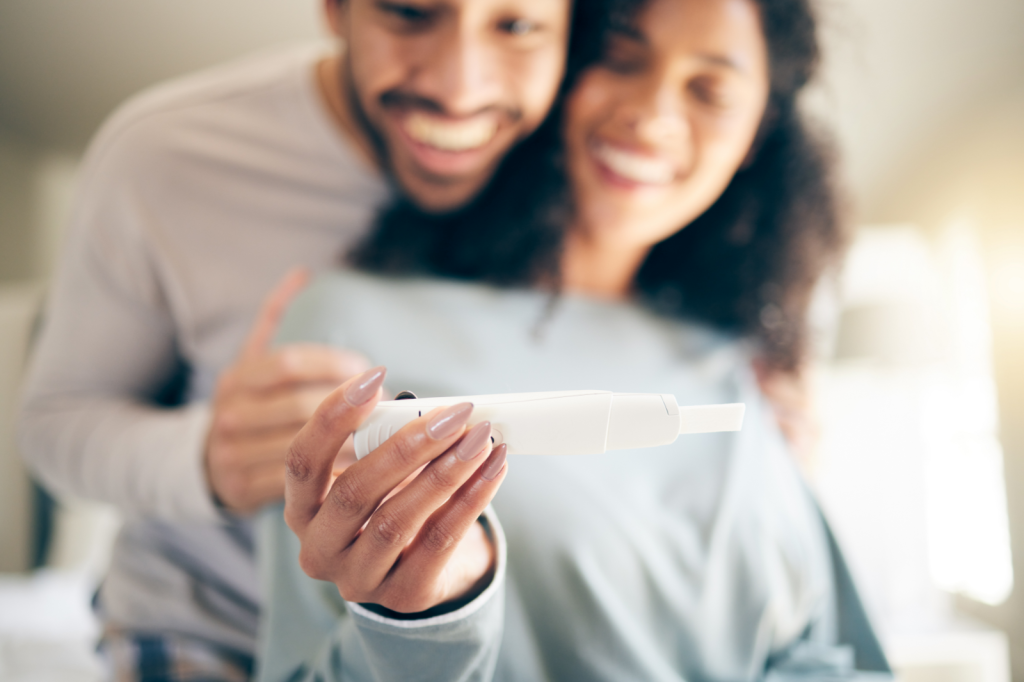Intrauterine insemination (IUI) is a fertility treatment that involves injecting sperm into the uterus during ovulation. It’s a procedure that can be used by men or women who are having difficulty with infertility. The IUI process can be effective for couples in which the woman might have any of the following: blocked Fallopian tubes, a low ovarian reserve, or anovulation.
In this blog post, we’ll cover what IUI is, including how it works and why it might be useful. We’ll also share some tips to help make the process easier on you and your partner.
What is IUI?
IUI is a fertility treatment that involves injecting sperm into the uterus during ovulation. This procedure can be used by couples with any of the following: blocked Fallopian tubes, a low ovarian reserve, or anovulation.
IUI works because sperm have been observed to survive in the female reproductive tract for up to five days without fertilization. If IUI is performed at the right time, sperm can be inserted into the uterus in order to fertilize an egg released during ovulation.
A woman using this procedure will typically have monitored ovulation and then undergo IUI on about day six of her cycle. During ovulation, women release one egg from their ovaries each month. The IUI process happens before or after the egg is released from the ovaries.
When sperm is injected into a woman’s uterus near the time of ovulation, it has a higher chance of reaching her fallopian tube and fertilizing an egg.
The primary benefit of this type of infertility treatment is that it doesn’t require any changes to lifestyle habits like diet or exercise, which makes it very convenient for many people. In addition, unlike in vitro fertilization (IVF), there’s no need to harvest eggs and inject them with large doses of hormones – but it does require more than one round of treatment (typically three rounds).
How does IUI work?
The IUI process starts with taking a sample of sperm from the male partner and using it to fertilize an egg. The sperm is then inserted into the uterus before or during ovulation.
The timing for IUI is important because the egg must be fertilized by the sperm before it leaves the Fallopian tube. This means that if you are having difficulty conceiving, your doctor will want to coordinate your cycle with your partner’s in order to provide enough time for sperm to do its job.
Benefits of IUI
The benefits of IUI are mainly for couples who have trouble conceiving. If a woman has blocked Fallopian tubes, a low ovarian reserve, or anovulation, IUI might be the best option for her. In most cases, one cycle of IUI is enough to increase the chances of pregnancy by 20 percent.
IUI can also be helpful in preventing miscarriages. Women with unexplained recurrent miscarriage often benefit from IUI because it increases the chances that fertilization occurs and that implantation will occur successfully.
Tips for preparing
The IUI process can be a bit uncomfortable for some people, so there are some ways to prepare for it.
– Make sure you’re at the beginning of your cycle or on the day of ovulation
– Refrain from intercourse leading up to the procedure
– Drink plenty of fluids in order to stay hydrated
– Plan ahead, as it may take more time to complete the IUI process than you anticipate
Tips for the procedure
If you want to maximize the chance of success with IUI, there are a few things you should do.
– Follow the protocol your doctor sets for you
– Keep track of your cycle and menstrual dates
– Try to time insemination with ovulation, which is most likely to be in the middle of your cycle
– Have sex between 1 and 3 days before insemination
– If necessary, use a sperm wash or premixed sperm sample
Tips for post-procedure recovery
- If you’ll be having sex, use a condom to prevent the risk of pregnancy.
- Take ovulation tests regularly to find out if you are ovulating regularly and to make sure your body is receiving all the necessary hormonal changes.
- Consider taking DHEA supplements for a few months post-procedure.
- Get tested for sexually transmitted diseases to prevent potential complications from occurring during or after the procedure.
5a. Visit your doctor or specialist every month or so to get a check-up and monitor your recovery process
5b. Be aware of any other changes in your health and address them accordingly
Conclusion
This blog post provides a complete rundown of the basics of IUI, as well as a few helpful tips on preparing for and recovering from the procedure.
This process is often used to time a woman’s ovulation with the male partner’s sperm and increase the chance of fertilization.
If you’re interested in this type of fertility treatment, we hope you find this post informative!

